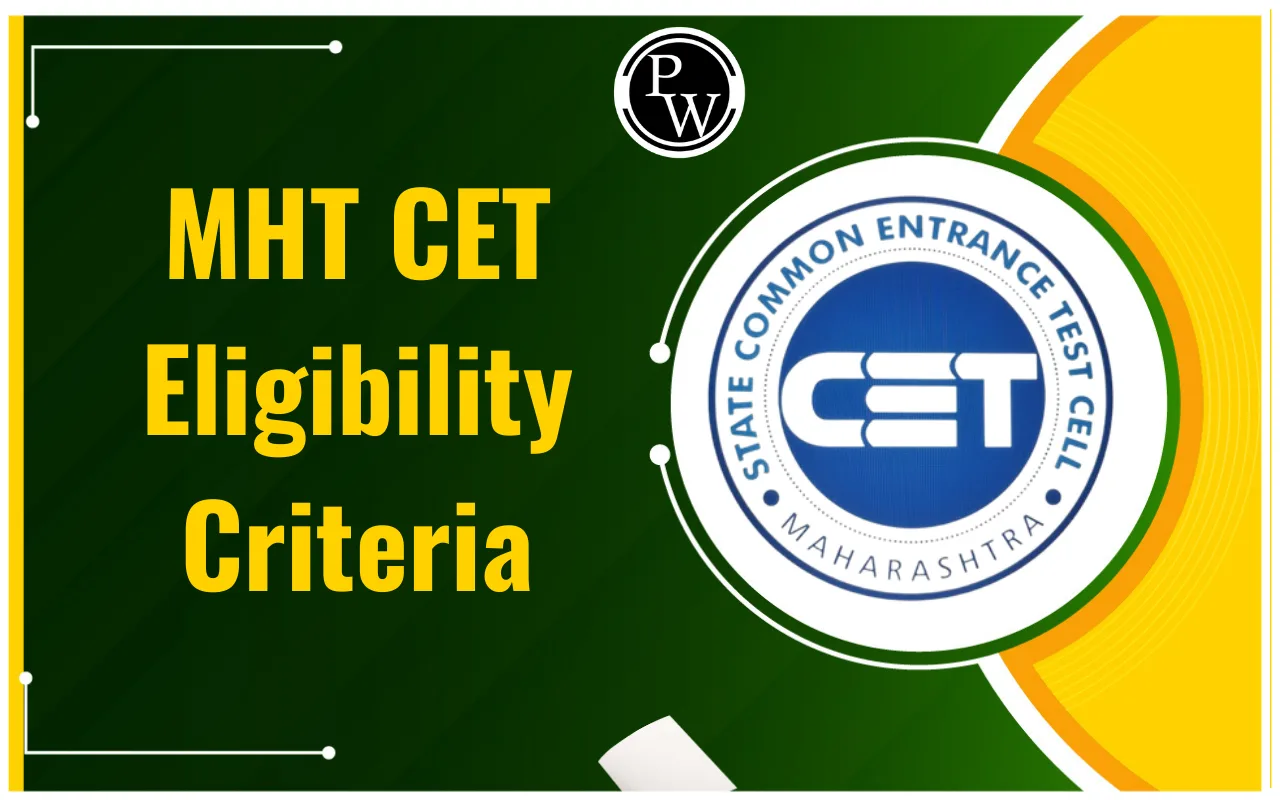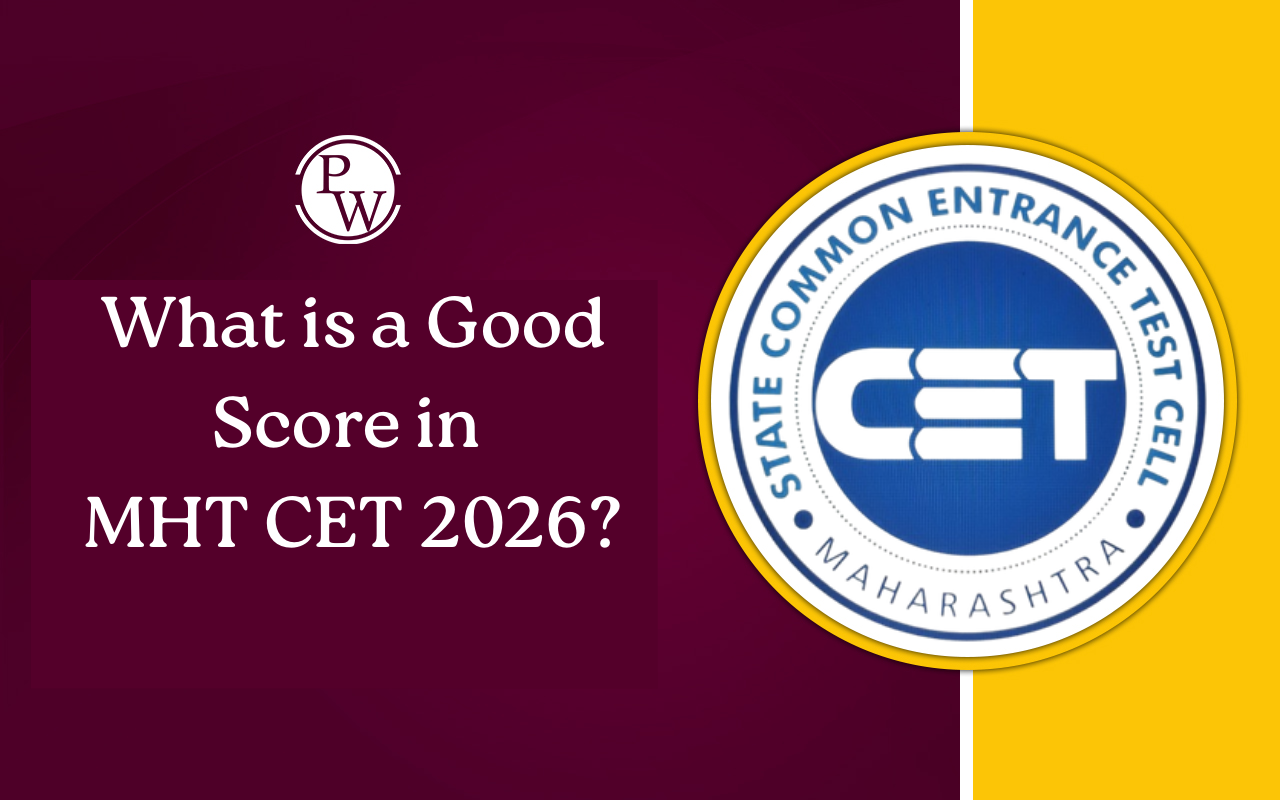
MHT CET Analysis 2025: The MHT CET 2025 paper analysis is now available for the exams held on April 19 (shifts 1 and 2), April 20 (shifts 1 and 2), April 21 (shifts 1 and 2), April 22 (shifts 1 and 2), and April 23 (shift 1).
Since these shifts have concluded, a detailed breakdown is being offered that includes subject-wise difficulty levels, types of questions asked, chapter-wise weightage, and feedback from both students and educators for the PCM and PCB streams.
This analysis helps candidates understand the overall trends and improve their preparation strategies for upcoming attempts.
Check: MHT CET Online Classes
MHT CET Analysis 2025
The MHT CET Analysis 2025 is now available for all shifts conducted from April 19 to April 23. This detailed analysis covers subject-wise difficulty, question patterns, and student reviews for both PCM and PCB streams.
It helps aspirants understand the exam trends and improve their preparation strategy. If you’ve appeared for the exam or are planning to, make sure to go through the insights provided. Check the detailed shift-wise MHT CET 2025 analysis below to get a complete understanding.
MHT CET April 22 Shift 1
The MHT CET 2025 April 22 Shift 1 exam has been successfully conducted, and the detailed paper analysis is now available.
This analysis offers insights into subject-wise difficulty levels, important topics covered, types of questions asked, and student feedback for both PCM and PCB streams.
It is a valuable resource for students to evaluate performance and plan ahead for upcoming shifts or future attempts. Check the table below for a complete breakdown of the MHT CET April 22 Shift 1 paper.
|
Subject |
Difficulty Level |
Topics Covered |
Type of Questions |
Student Feedback |
|
Physics |
Moderate |
Kinematics, Modern Physics, Electromagnetism |
Concept-based, Numericals |
Mixed responses, some tricky questions |
|
Chemistry |
Easy to Moderate |
Organic Chemistry, Chemical Kinetics, p-Block |
Direct, Memory-based |
Mostly straightforward questions |
|
Mathematics |
Moderate to Difficult |
Calculus, Vectors & 3D Geometry, Probability |
Lengthy, Formula-based |
Time-consuming but manageable |
|
Biology (PCB) |
Easy |
Human Physiology, Genetics, Ecology |
NCERT-based, Fact-based |
Very student-friendly and direct |
Also Read : MHT CET Result 2025
MHT CET April 21 Shift 1
The MHT CET 2025 April 21 Shift 1 exam was moderately difficult, with a balanced mix of conceptual and numerical questions across subjects. Physics included tricky conceptual questions, Chemistry was largely straightforward, and Mathematics was lengthy and required strong problem-solving skills.
This analysis helps students understand the paper pattern, important chapters, and overall difficulty level.
If you’re preparing for upcoming shifts or want to evaluate your performance, check the detailed subject-wise analysis in the table below.
|
Subject |
Difficulty Level |
Key Topics Covered |
Type of Questions |
Student Feedback |
|
Physics |
Moderate |
Kinematics, Modern Physics, Thermodynamics |
Conceptual + Numerical |
Tricky but manageable with clear concepts |
|
Chemistry |
Easy to Moderate |
Organic Chemistry, Chemical Kinetics, p-Block |
Direct formula-based and theoretical |
Mostly straightforward and scoring |
|
Mathematics |
Moderate to Difficult |
Calculus, Probability, Complex Numbers |
Lengthy and calculation-intensive |
Time-consuming but standard questions |
MHT CET April 21 Shift 2
The MHT CET 2025 April 21 Shift 2 exam was moderately difficult overall, with Mathematics being slightly more time-consuming. Physics and Chemistry were balanced and largely NCERT-based.
This analysis helps students understand the type and level of questions asked. Check the table below for a detailed subject-wise breakdown of difficulty, important topics, and question patterns.
|
Subject |
Difficulty Level |
Key Topics Covered |
Question Type |
Remarks |
|
Physics |
Moderate |
Kinematics, Modern Physics, Magnetism |
Conceptual + Numerical |
Balanced mix of theory and numericals |
|
Chemistry |
Easy to Moderate |
Organic Chemistry, Chemical Kinetics |
Mostly Theory-based |
Direct questions from NCERT |
|
Mathematics |
Moderate to Difficult |
Calculus, Probability, Vectors |
Calculation Intensive |
Time-consuming but standard-level |
MHT CET April 20 Shift 2
The MHT CET April 20 Shift 2 exam was a mixed bag in terms of difficulty, with Mathematics being the toughest and Chemistry relatively easier.
Students found the paper to be moderately challenging overall. Key topics from each subject were well-represented. Check the table below for a detailed subject-wise analysis of this shift.
|
Subject |
Difficulty Level |
Key Topics Covered |
Type of Questions |
Student Feedback |
|
Physics |
Moderate |
Kinematics, Thermodynamics, Modern Physics |
Conceptual + Numerical |
Manageable with conceptual clarity |
|
Chemistry |
Easy to Moderate |
Organic Chemistry, Equilibrium, Chemical Bonding |
Mostly direct, some tricky ones |
Easy to attempt, time-saving |
|
Mathematics |
Difficult |
Calculus, Probability, Vectors, 3D Geometry |
Lengthy and Calculation-heavy |
Time-consuming and challenging |
MHT CET April 19 Shift 2
The MHT CET April 19 Shift 2 exam was moderately difficult overall, with Chemistry being the easiest and Mathematics slightly tougher due to lengthy calculations. Physics had a mix of theory and numerical questions.
This shift tested conceptual clarity and time management. Check the table below for a detailed subject-wise analysis of the April 19 Shift 2 paper.
|
Subject |
Difficulty Level |
Key Highlights |
|
Physics |
Moderate |
Questions were concept-based; some numerical problems were lengthy. |
|
Chemistry |
Easy |
Mostly theory-based; NCERT-focused; direct questions. |
|
Mathematics |
Moderate to Hard |
Time-consuming; involved calculations; few tricky integration & probability questions. |
|
Overall |
Moderate |
Balanced paper with more emphasis on application-based and conceptual questions. |
MHT CET Previous Year Paper Analysis
Here’s a subject-wise MHT CET previous year paper analysis:
Physics
-
Moderate difficulty overall.
-
The mix of conceptual and numerical questions.
-
High weightage from chapters like Kinematics, Laws of Motion, and Modern Physics.
-
Many questions were directly from the NCERT syllabus.
Chemistry
-
Generally easy to moderate.
-
Mostly theory-based questions.
-
Organic Chemistry and Physical Chemistry had higher weightage.
-
Questions were direct and often NCERT-based.
Mathematics
-
Moderate to difficult.
-
Calculation-heavy questions; required strong time management.
-
Focus areas included Calculus, Algebra, and Probability.
-
Few tricky and time-consuming questions.
| Links Related to MHT CET 2025 | |
| MHT CET 2025 | MHT CET Apply Online |
| MHT CET Syllabus | MHT CET Eligibility Criteria |
| MHT CET Previous Year Question Papers | |
MHT CET Analysis 2025 FAQs
Was MHT CET 2025 easier than last year?
Which section was the toughest in MHT CET 2025?
Was there a shift in question pattern this year?
Did Physics in MHT CET 2025 have more theory or numericals?









